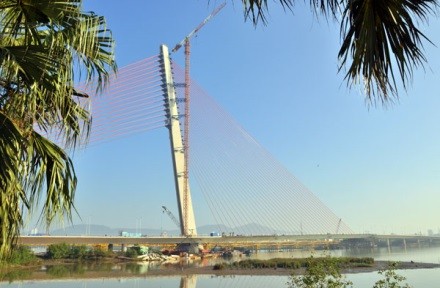The Mekong Partnership for the Environment is a four-year, $15 million program ending in 2017 and funded by the United States Agency for International Development to advance informed multi-stakeholder dialogues in Lower Mekong countries regarding the social and environmental costs and benefits of regional development projects.

Over the past two decades, rapid economic growth in the Lower Mekong Sub-region has accelerated the flow of foreign direct investment to unprecedented rates, bringing crucial development finance and reducing poverty rates, while at the same time increasing natural resource extraction and infrastructure development. New investments—especially in large-scale infrastructure and agriculture—can have significant negative social, environmental, and economic consequences if not properly planned. The partnership’s activities will focus on three specific approaches:
IMPROVE STAKEHOLDER ENGAGEMENT
Emphasizing regional learning and action, the partnership aims to address key barriers to achieving environmentally and socially responsible development—lack of capacity, engagement opportunities and information—by improving effective stakeholder engagement and increasing the quality and quantity of information on development projects.
PROMOTE BEST PRACTICES
The partnership will engage with selected trans-boundary development projects to put learning into practice, promote inclusive decision-making processes and share best practices across the region.
STRENGTHEN PARTNERSHIPS
Critical to the success of the partnership is the strengthening of regional networks between governments, the private sector, and civil society, to increase social and environmental benefits and ensure more sustainable and equitable development outcomes in the Lower Mekong Sub-region.
EXPECTED RESULTS
The Mekong Partnership for the Environment objectives include: advance inclusive decision making that involves the participation of all stakeholders and considers anticipated social and environmental impacts; strengthen regional platforms for multi-stakeholder participation in development decision-making; and increase public access to quality, timely information on the environmental and social costs and benefits of proposed development projects.
PARTNERS
Pact Inc., an international non-governmental organization, is leading a consortium of local partners, including the Stockholm Environment Institute, Internews, Wildlife Conservation Society, East West Management Institute, and others to implement the project.







Comment
Make a general inquiry or suggest an improvement.